WP3: Health and Environmental Impacts of Climate Change and Ancillary Benefits
Objectives
- To find better ways of anchoring energy and climate models inside a complex natural environment.
- To improve understanding of environmental and health impacts of climate change and emission-reductions.
- To explore interlinkages between energy, water, and food systems, their supply and co-moving prices.
- To develop circular economy foundations for climate and energy related material flows.
Task 1: Climate change impacts
This task reflects the anchoring of energy and climate processes in a natural environment. It deals with the valuation of the market and non-market effects of climate change, in particular impacts on land use, and ecosystem amenities. We also investigate the economics of extreme events related to climate change such as hurricanes, droughts, floods, wildfires, heavy snow and hail and climate change tipping points. Statistical techniques dealing with the tails of the distribution are applied to extreme energy market events like price spikes. Fundamental statistical expertise and connection with natural sciences are important in this task.
Task 2: Environmental health
We focus on climate change impacts on human health and on transferability of monetary values for changes in the quality of natural ecosystems. We pay special attention to health impacts in China. We also examine valuations of health effects caused by energy- and emission-reduction activities, such as increasing physical activity (walking and biking substituting for car driving), changing diets and other lifestyle changes. Health economists and relevant medical experts contribute to this task.
Task 3: Energy – water – food nexus
This task investigates climate change and energy transition impacts on three interlinked supply securities of energy, water and food, and the co-movement of their prices. Agricultural and water management experts combine their approach with energy specialists in his task.
Task 4: Circular economy and footprints
This task deals with the paradigm change of moving from linear to a circular use of natural resources, including both economic production and consumption in wide ecological systems. It relies on life-cycle assessment and multi-regional environmentally-extended input-output modelling to quantify total consumption footprints (including the environmental burden embodied in international trade) on the environment (emissions, land use, water use, ecosystems). Linking this evaluation tool to household consumption data allows us to analyse the footprints of various household segments. This is one of the most interdisciplinary tasks of the GEOCEP project, closely connecting environmental sciences and engineering with behavioural sciences and economics.
Published results
Bretschger, Lucas, Evgenij Komarov. 2024. ‘All Inclusive Climate Policy in a Growing Economy: The Role of Human Health.’ Environmental and Resource Economics 87: 3205–34.
Carlino, Angelo, Rafael Schmitt, Anna Clark, Andrea Castelletti. 2024. ‘Rethinking energy planning to mitigate the impacts of African hydropower.’ Nature Sustainability.
Gasparini, Matteo, Moritz Baer, Matthew Ives. 2023. ‘A re-evaluation of the financial risks of the net zero transition.’ Working paper 4254054. Social Science Research Network.
Janda, Karel, Peter Kravec. 2022. ‘VECM Modelling of the Price Dynamics for Fuels, Agricultural Commodities and Biofuels.’ Working paper. Kiel: Leibniz Information Centre for Economics.
Janda, Karel, Anezka Turkova. 2025. ‘Crop Insurance, Climate Change, and Public Policies in the Czech Republic.’ Working Paper no. 330706. Kiel: Leibniz Information Centre for Economics.
Kibira, Gerald, Edwin Muchapondwa, Herbert Ntuli. 2024. ‘The optimal combination of pastoral activities and wildlife conservation in the Serengeti ecosystem.’ Natural Resource Modeling 37 (2): e12391.
Kmetkova, Diana, Milan Scasny, Iva Zverinova, Vojtech Maca. 2023. ‘Exploring the Link Between Diet and Sustainability in Europe: A Focus on Meat and Fish Consumption.’ Working Papers 26/2023. Prague: Institute of Economic Studies, Charles University.
Kmeťková, Diana, Iva Zvěřinová, Milan Ščasný, Vojtěch Máca. 2025. ‘Acceptability of Meat Tax and Subsidy Removal by Meat Eaters: Insights from Five European Countries.’ Agricultural and Food Economics 13:13.
